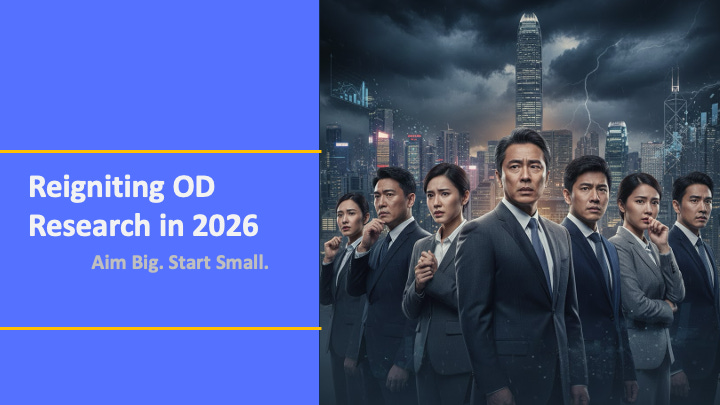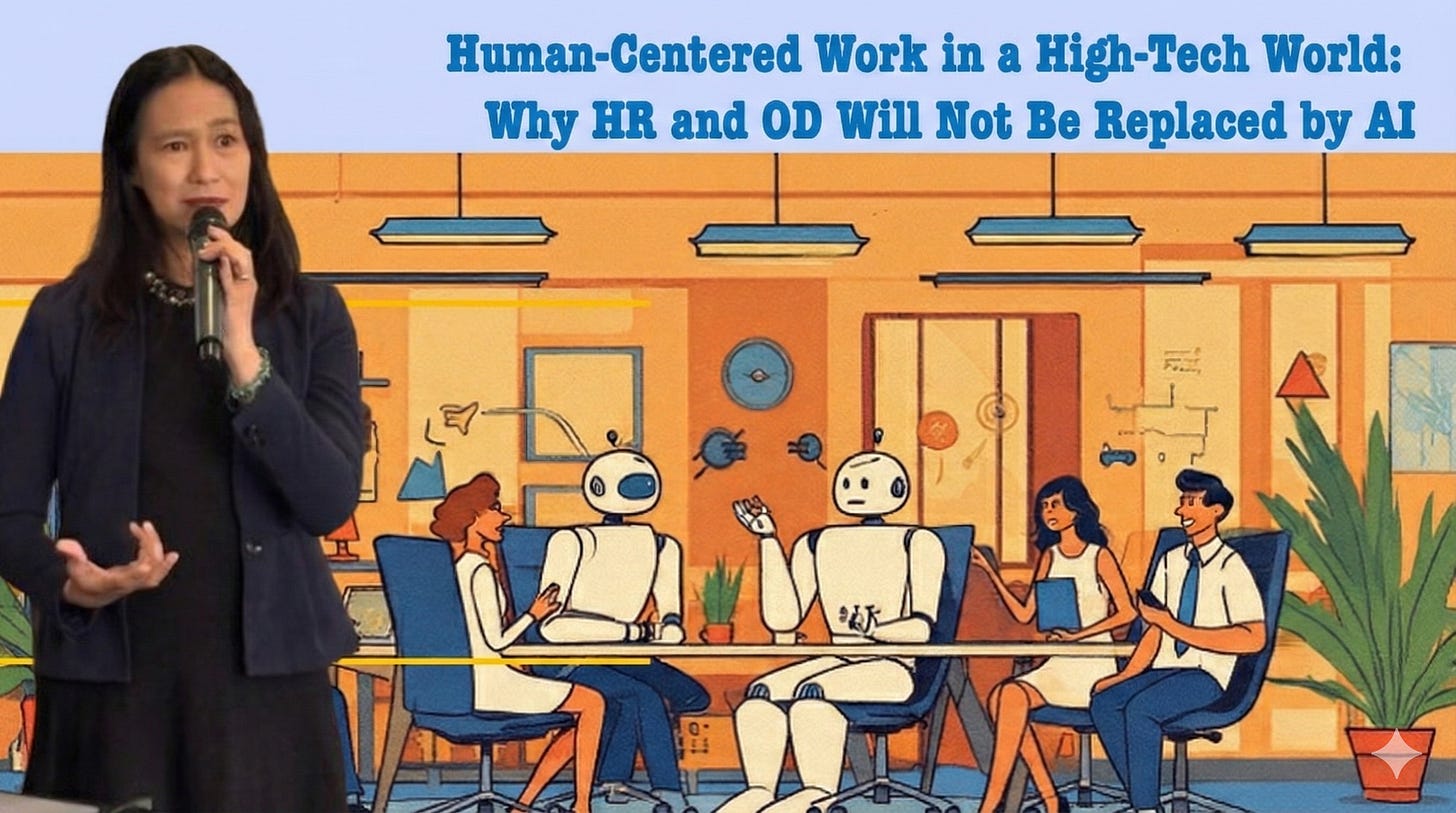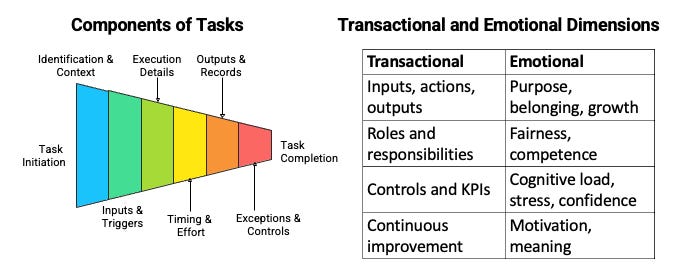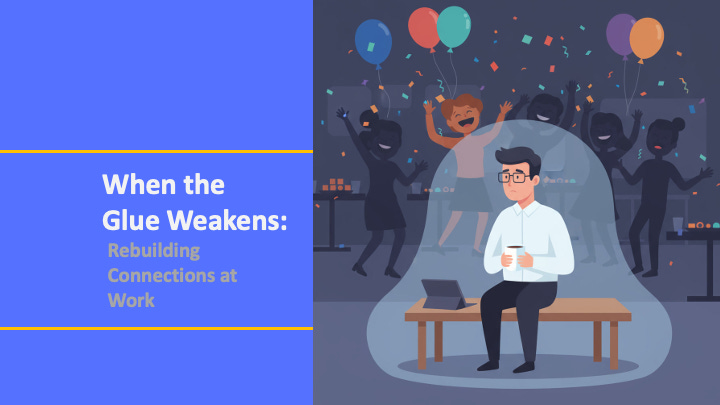Years ago, birthdays at work meant laughter echoing down hallways, a table filled with food, and everyone pitching in. There were brown-bag sessions where ideas flowed freely and house visits that blurred the line between colleague and friend.
Now, a simple emoji seems to suffice. Meetings are efficient—but quiet. Relationships feel thinner, more transactional. The warmth that once made work human is fading.
Is our social capital—that invisible glue of trust, camaraderie, and shared purpose—slowly eroding? What was once bayanihan and face-to-face connection has given way to screens, schedules, and solitude.
This isn’t mere nostalgia—it’s a warning. When laughter fades and bonds weaken, so does collaboration, creativity, and resilience.
1. Digital Overload
Technology made us faster but not closer. We’re drowning in chats, emails, and platforms—yet starving for real connection. Humor, empathy, and mentoring don’t translate through pixels. In chasing efficiency, we’ve lost authenticity.
2. The Hybrid Divide
Flexible work is a blessing—but it’s also dividing us. Those in offices become “the core,” while remote colleagues fade into the background. Out of sight, out of mind. Inclusion isn’t just about who’s in the room—it’s about who feels remembered when they’re not.
3. Trust on Life Support
Trust is the oxygen of social capital. But layoffs, constant change, and vague communication leave people gasping. When employees doubt motives or fairness, they disengage—and teams fracture from within.
4. The KPI Trap
We’ve become slaves to metrics. Dashboards rule, but no number measures care. When success is defined by output alone, empathy disappears. People stop helping because “it’s not in my KPI.” What gets measured gets managed—but what gets valued gets lived.
5. Quiet Insecurity
Many employees—especially remote or younger ones—battle imposter syndrome in silence. Without affirmation, they shrink back. The less seen they feel, the less they connect. Vulnerability should be strength, not shame.
6. Unequal Connections
Not all bonds are equal. Contractual and frontline workers often miss out on networks and mentorship. Trust pools at the top and dries up at the bottom. Inclusion must mean equal access—not just to resources, but to relationships.
7. Turnover Trauma
Every resignation breaks a link in the social web. Each departure erases trust, memory, and culture. When attrition becomes routine, the organization never heals—it just keeps bleeding connection.
The symptoms are everywhere—and OD practitioners can’t afford to ignore them.
Flat Engagement, Rising Burnout
Without strong ties, work becomes mechanical. People do the job—but not with joy or meaning.
Innovation Freeze
Trust fuels creativity. Without it, people play safe, stay silent, and protect their turf. Ideas stop flowing.
Talent Drain
People don’t just leave for better pay—they leave for better belonging. When culture feels cold, connection-hungry talent walks away.
The Loneliness Epidemic
Disconnected employees carry unseen stress and emotional fatigue. Burnout becomes inevitable.
Lost Wisdom
When networks vanish, so does the “real know-how.” New hires flounder, and veterans disengage. Institutional memory fades.
Ethical Drift
When trust dies, silence grows. People stop speaking up. “That’s just how we do it” replaces moral courage.
Falling Performance
Strong social bonds drive strong results. Teams rich in trust and belonging outperform others—every time.
Social capital isn’t nostalgia—it’s strategy. It’s what helps organizations adapt, innovate, and thrive. As OD practitioners, we’re not just observers; we’re the weavers of this fabric.
Here are five ways to lead the repair:
Rehumanize Work. Create rituals of connection—check-ins that ask how you are before what’s next.
Redefine Success. Measure not just what people produce, but how they collaborate, mentor, and care.
Model Trust. Be transparent, fair, and consistent. People mirror what they see in leaders.
Include the Unseen. Bring remote, contractual, and frontline workers into the organizational heartbeat.
Foster Reflection. Build communities of practice—safe spaces for sharing, learning, and belonging.
We can’t automate trust. We can’t outsource empathy. No AI can replace the simple power of a sincere conversation over coffee.
The erosion of social capital is real—but so is our capacity to rebuild it. As OD practitioners, we’re the custodians of connection, the architects of culture, and the keepers of trust.
Let’s not just fix structures—let’s heal relationships.
Let’s not just adapt to change—let’s bring humanity back into it.
Because when the invisible glue holds strong, our organizations don’t just perform better—
they become better.
This season is an opportunity to reconnect once more.
Beyond Prompting: AI, Agents and your OD Practice via Zoom on November 11, 10am-12noon. Discover how AI and agents are shaping smarter leadership, more adaptive HR practices, and the future of OD itself. Mark the date to learn, connect, and get inspired! Free for ODPN members and only P650 for non-members. Register via: https://forms.gle/cYWYFYuhmm21UDy16.
1. Conference on Measuring Impact of Social Enterprises and Development Work for the Social Enterprise Roadmap Conference 2025, Nov. 7, 10.30-12.30 Hrs. QC. Invitations only.
2. “The Integration of AI Technology in Electrical Engineering Industry,” for the 50th Anniversary Convention of the Institute of Integrated Electrical Engineers of the Philippines, Inc. (IIEE), the sole Accredited Professional Organization (APO) by the Professional Regulation Commission (PRC) for electrical engineering practitioners, from November 26, 2025 at the SMX Convention Center, Pasay City.
3. Towards Agentic Organization for a large BPO in accounting’s Thought Leadership Series for Q4, Zoom, November 25, 2025. Invitations only.
Thanks for reading OD Play Notes! Subscribe for free to receive new posts and support my work.
Want to join ODPN?
Thanks for reading OD Play Notes! Subscribe for free to receive new posts and support my work.
Attention Gmail Users: To keep receiving OD Play Notes seamlessly, please move our emails into your Primary tab:
On desktop: Drag this email into the Primary tab at the top of your inbox.
On mobile: Tap the three dots (upper right), select Move, then choose Primary.
This ensures our updates on OD practices and trends don’t get lost among promotions.








